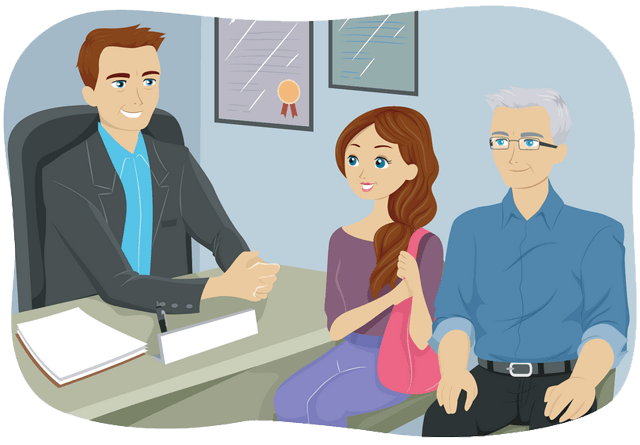
*Gottman Method Couples Counseling is now available via Online Counseling Sessions*
Many people envision couple’s counseling as being very triadic in nature. What I mean is they see it as the counselor being the one to resolve their issues, and in fact you may have previously been in counseling sessions that used a model similar to this. The problem with this approach is that the counselor isn’t going to be there when you have a disagreement at home, work, or out to dinner. For that reason, The Gottman Method advocates a very dyadic approach which may seem foreign to you at first. The idea being that the counselor should intervene as necessary, but the focus is on teaching the couple how to work out their own issues by giving them the tools and methods, and helping them to master the process. In other words, it’s the counselor’s job to put himself out of a job.
To achieve the aforementioned goal, very early in the assessment process you will be given the opportunity to take an in depth questionnaire. Developed from over 40 years of scientific research by Dr. John Gottman, this relationship assessment tool relies on intensive, detailed, and evidence-based information on why relationships succeed or fail and will target your strength as well as growth areas about friendship, intimacy, emotions, conflict, values, and trust, as well as parenting, housework, finances, individual areas of concern, and more. With the assessment giving us a roadmap, real progress can now begin.
When working with couples it’s hard for both to feel like they have been heard in a traditional 50 minute counseling session. Therefore in the beginning I allow for extended sessions once a week. Then, as you learn the tools and we continue to make progress sessions will become shorter and less often, winding down to every other week, monthly, and then follow up sessions six months apart to fine-tune any of your relationship skills if needed and to evaluate the effectiveness of the counseling received. Research has shown this process of phasing out of counseling a little at a time is more effective and helps prevent relapses.
To learn more about the process contact us online, or call the office at 469-225-9040.


